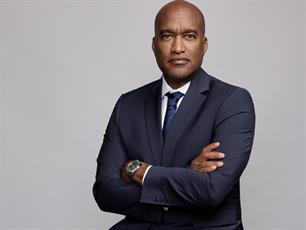Arun Sudhaman 15 Jul 2013 // 9:34PM GMT
Much is often made of the changing skills required of corporate communication directors, not least by Paul Holmes in his provocative post on whether the CCO is an endangered species.
That analysis focused, in particular, on the inexorable integration between marketing and communication - fuelled by a social media environment that often renders meaningless the distinction between classic corporate silos.
Unsurprisingly, that post sparked plenty of feedback, in the comments under the article itself, and via a poll that Tata Consultancy Services comms director Abhinav Kumar is running on his blog.
An useful addendum comes by way of a Cohn & Wolfe post on the 'era of full disclosure'. Andrew Escott and Geoff Beattie examine why companies must embrace a culture of transparency, noting the impact of recent media revelations about the US Government and NHS. As the authors write:
Whatever you think may be secret, it isn’t. No matter how private they may seem, emails, internal memos and even telephone calls must be treated as if they are already in the public domain.And later:
This is the end of confidentiality, giving rise to a new era of full disclosure, and it has serious implications for major private and public sector organisations. The conclusion we have drawn is that there needs to be a complete overhaul in the way corporates manage the issue of disclosure, in order to minimise the business risks arising from electronic data leaking to the outside world in one way or another.In the recent HBO series House of Cards, a gubernatorial candidate is subjected to a fearsome interrogation by one of his campaign operatives. The subtext is simple: unless the campaign knows everything about a candidate's shady past, they simply cannot plan for potential future crises. Corporations would undoubtedly benefit from the same level of internal scrutiny. Yet, I wonder how many are ready to undergo this type of rigorous cross-examination. The risk, of course, is that the (presumably metaphorical) 'bodies' will be uncovered by someone outside the organization, to devastating effect. It is why Escott and Beattie argue that the 'corporate affairs' department should be taking the lead on this:
Within every corporate affairs team, there should be a reputation risk manager, whose job is to burrow into the darkest corners of his or her organisation, looking for the answers to the critical question: What will happen if this enters the public domain?I couldn't agree more. For political campaigns, I imagine this type of forensic investigation is commonplace. It needs to be for corporate communicators too.


































.jpg)





.tmb-135x100.jpg)











